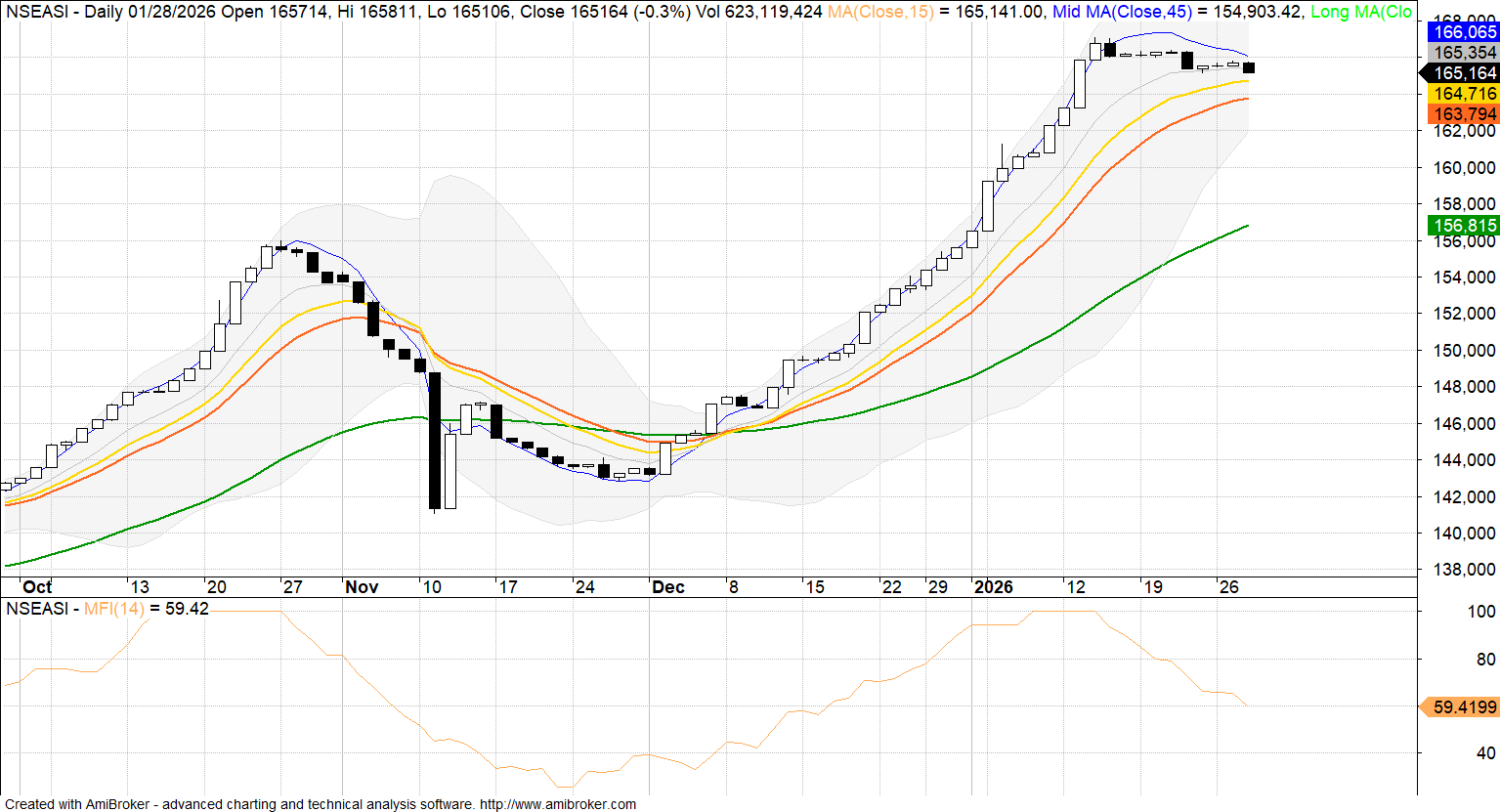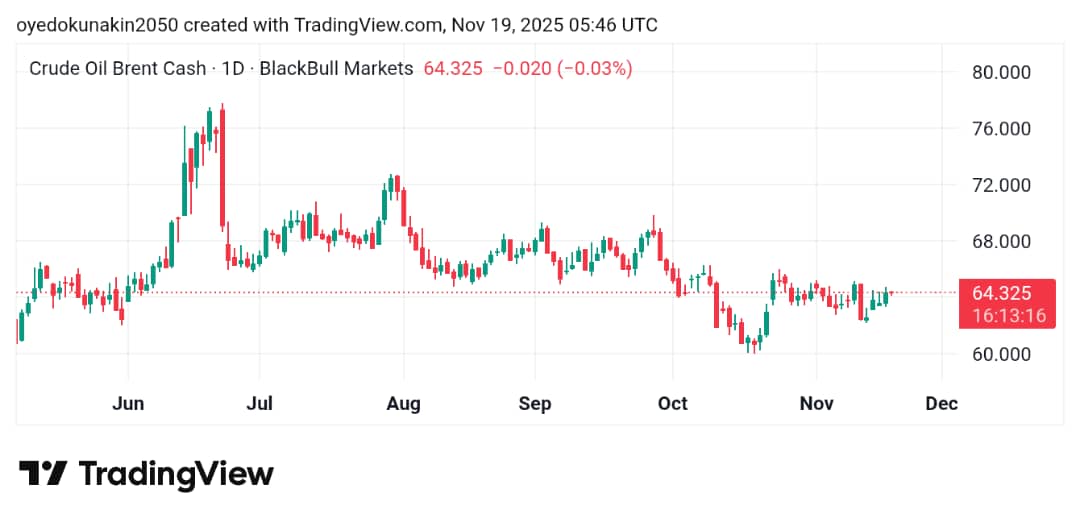
Akintunde Oyedokun
Research Analyst
Oil prices rose sharply Tuesday, with Brent up $1.67 to $66.63 and WTI gaining $1.72 to $63.67, fueled by a temporary U.S.-China tariff truce and softer U.S. inflation data. The 2.3% annual inflation rate, the lowest in four years, eased recession fears and gave the Fed room to maneuver on interest rates.
While OPEC+ plans to boost output in May and June, strong refined fuel demand and tighter global refining capacity are helping support prices, keeping the market bullish despite concerns over crude oversupply.
U.S. Small-Business Optimism Drops Again As Labour Market Shows Signs Of Strain
Small-business confidence in the U.S. fell for the fourth month in a row in April, with the NFIB Optimism Index dropping to 95.8. Only 34% of owners reported unfilled job openings — the lowest since January 2021 — indicating a slowdown in labor demand. Business owners also grew more pessimistic about future conditions, with expectations falling sharply.
While inflation concerns have eased, taxes and labor quality have become top issues. Despite slower hiring, layoffs remain minimal, keeping the labor market relatively stable for now.
France Faces Modest Q2 Growth Amid Holidays, Trade Tensions
France’s economy is set for only slight growth in Q2 2025, according to the Bank of France. Public holidays and global trade tensions, especially potential U.S. tariffs, are clouding the outlook. A modest rebound in services and industry contrasts with slowing construction and energy sectors. A survey of 8,500 firms shows rising uncertainty, particularly among exporters. Most firms expect the May holidays to dampen activity, though pricing remains largely stable.
Ghana Aims To Clear $2.5B Energy Debt By Year-End, Says President
Ghana plans to reduce its $2.5 billion debt to power producers and gas suppliers by the end of the year, President John Mahama said. A previous $1 billion debt was restructured, but arrears persist, straining the economy.
Mahama attributed the problem to poor revenue collection by the state utility, ECG, which suffers 40% losses. To address this, the government will involve private firms in billing, with expressions of interest already invited. The cabinet will decide on the structure of partnerships, ensuring local participation.
He also encouraged oil and gas companies to ramp up production ahead of the global shift to renewables, signaling strong government support for investment in the sector.
CBN, NIBSS Launch Non-Resident BVN Platform To Boost Financial Inclusion
The Central Bank of Nigeria (CBN), alongside NIBSS, has launched the Non-Resident Bank Verification Number (NRBVN) platform, allowing Nigerians abroad to obtain their BVN remotely without needing to visit Nigeria. This move aims to enhance financial inclusion, connecting the Nigerian diaspora to the country’s financial services. CBN Governor Olayemi Cardoso highlighted the platform’s role in improving access to banking services and driving economic growth, particularly in remittances. The initiative also aims to foster collaboration within the financial sector.












